
Accelerate Your Startup Journey with Y Combinator
Discover how Y Combinator can supercharge your early-stage startup with unparalleled resources, mentorship, and a powerful alumni network.
As a startup founder navigating the tumultuous waters of entrepreneurship, you're always on the lookout for resources and communities that can accelerate your growth. Enter Y Combinator - the ultimate launchpad for ambitious startups ready to make their mark. In this article, we'll dive into what makes Y Combinator such an extraordinary catalyst for startup success and why it should be on every founder's radar.
What is Y Combinator?
At its core, Y Combinator (YC) is a startup accelerator that has played a pivotal role in shaping the tech landscape since 2005. Twice a year, YC selects a batch of promising startups and provides them with:
- Seed funding
- Intensive mentorship
- Access to an unrivaled network of investors and alumni
- The opportunity to present at Demo Day
Over the course of a 3-month program, YC works closely with founders to refine their products, craft compelling pitches, and prepare for the challenges ahead. The accelerator's track record speaks for itself, with alumni like Airbnb, Dropbox, and Stripe becoming household names.
How Y Combinator Benefits Early-Stage Startups
Validation and Credibility
Being accepted into Y Combinator is no small feat. The rigorous selection process ensures that only the most promising startups make the cut. By joining the ranks of YC alumni, your startup gains instant validation and credibility in the eyes of investors, partners, and potential customers.
Mentorship from Industry Experts
During the program, you'll have access to a roster of experienced mentors who have been in your shoes. These battle-tested entrepreneurs, investors, and industry experts provide invaluable guidance on everything from product development to fundraising strategies. Their insights can help you navigate challenges and make better decisions faster.
Unmatched Networking Opportunities
One of Y Combinator's greatest strengths is its extensive network. As a YC founder, you become part of a tight-knit community of entrepreneurs who are eager to support one another. The connections you forge during the program can lead to game-changing partnerships, client referrals, and future funding opportunities.
Preparation for Future Funding Rounds
Y Combinator's program culminates in Demo Day, where founders pitch their startups to a room full of top-tier investors. The weeks leading up to Demo Day are intense, with YC partners helping you craft a compelling narrative and fine-tune your pitch. This preparation not only sets you up for success on Demo Day but also equips you with the skills needed to excel in future funding rounds.
Access to Exclusive Resources
As a YC company, you gain access to an arsenal of exclusive resources designed to supercharge your growth. From discounted services and software tools to a vast library of founder-focused content, YC provides you with the support you need to scale efficiently.
Is Y Combinator Right for Your Startup?
While Y Combinator can be a game-changer for many startups, it's not a one-size-fits-all solution. Before applying, consider whether your startup:
- Has a strong founding team with complementary skill sets
- Is addressing a significant problem with an innovative solution
- Has the potential for rapid growth and scalability
- Is at a stage where it can benefit from YC's resources and network
If you believe your startup meets these criteria, Y Combinator could be the catalyst that takes your venture to new heights.
How to Apply to Y Combinator
Applying to Y Combinator is a straightforward process, but it requires careful preparation. Here's what you need to know:
- Application Deadlines: YC accepts applications twice a year for its winter and summer batches. Keep an eye on their website for the latest application deadlines.
- Application Form: The application consists of a series of questions about your startup, team, and market. Be concise, clear, and compelling in your responses.
- Video Introduction: You'll need to submit a short video introducing your team and showcasing your product or prototype. Use this opportunity to let your passion and personality shine through.
- Interview Process: If your application is selected, you'll be invited to interview with YC partners. This is your chance to dive deeper into your startup's potential and demonstrate your team's ability to execute.
Tips for a Standout Application
To increase your chances of being accepted into Y Combinator, consider the following tips:
- Highlight your team's unique strengths and complementary skill sets
- Clearly articulate the problem you're solving and why your solution is superior
- Demonstrate traction, whether through user growth, revenue, or partnerships
- Showcase your ability to execute and adapt quickly
- Be authentic and let your passion for your startup shine through
Remember, the YC partners are looking for founders who are relentlessly focused on building something people want and have the drive to see it through.
Embracing the Y Combinator Journey
If you're fortunate enough to be accepted into Y Combinator, buckle up for an intense and transformative experience. The program will push you to your limits, but the growth and connections you'll gain are invaluable. Embrace the journey with an open mind, a willingness to learn, and a determination to make the most of every opportunity.
As you navigate the ups and downs of startup life, remember that Y Combinator's support extends far beyond the 3-month program. The YC community is a lifelong resource, with alumni and partners always ready to lend a helping hand or offer guidance.
In conclusion, Y Combinator is a game-changing resource for early-stage startups ready to take their ventures to the next level. By providing access to funding, mentorship, and an unparalleled network, YC has helped shape the tech landscape and launched countless successful startups. If your startup is ready for the challenge, Y Combinator could be the rocket fuel you need to achieve your entrepreneurial dreams.
Need help with your YC application or not sure if Y Combinator is right for your startup? Please contact me - happy to answer any questions I can!
Frequently Asked Questions (FAQs) about Y Combinator:
Q: How much does Y Combinator invest in each startup?
A: As of 2024, Y Combinator typically invests $500,000 in each accepted startup. This is split into two parts: $125,000 for 7% equity, and an additional $375,000 on an uncapped safe with an MFN (Most Favored Nation) provision. This structure allows startups to receive significant initial funding while maintaining flexibility for future rounds.
Q: Can international startups apply to Y Combinator?
A: Absolutely! Y Combinator welcomes applications from startups all over the world. In fact, international companies make up a significant portion of each batch. YC provides support for visa applications if founders need to relocate to the US for the program. However, they also offer a largely remote program option for those who can't relocate.
Q: What happens if my startup fails after going through Y Combinator?
A: Failure is a natural part of the startup ecosystem, and YC understands this. If your startup doesn't succeed, you'll still remain part of the YC alumni network. Many founders use the lessons learned and connections made during YC to launch new ventures. Some even become investors or join other YC startups. The experience and network gained are valuable regardless of the outcome of your specific company.
Q: How does Y Combinator's application process work?
A: The application process starts with an online form where you provide details about your team, product, and traction. If your application stands out, you'll be invited to a video interview with YC partners. This interview is typically about 10 minutes long and very fast-paced. If successful, you'll receive an offer to join the next batch. YC runs two batches per year, usually with applications opening in March and September.
Q: What's the difference between Y Combinator's in-person and remote programs?
A: The core curriculum and benefits are the same for both programs. The main difference is that the in-person program requires founders to relocate to the San Francisco Bay Area for the duration of the batch. This allows for more spontaneous interactions and in-person networking. The remote program, introduced during the COVID-19 pandemic, offers more flexibility but requires more proactive effort to build relationships. Both programs culminate in Demo Day, which has been held virtually in recent years.
Q: Does Y Combinator only accept software startups?
A: While Y Combinator is well-known for its software and tech startups, they accept companies from a wide range of industries. This includes biotech, clean tech, education, financial services, and even non-profits. The key is having a scalable idea with the potential for significant impact, regardless of the specific industry.
Q: How involved does Y Combinator remain with startups after the program ends?
A: YC maintains an active relationship with its alumni companies long after the program ends. This includes ongoing advice, later-stage programs like the Growth Program, recruiting support, and help with fundraising. They also host events and maintain an active alumni network. While the intensity of involvement decreases after the initial three-month program, the support system remains in place indefinitely.
Q: Can solo founders apply to Y Combinator?
A: Yes, solo founders can and do get accepted into Y Combinator. However, YC generally prefers teams of two or more founders. They believe that starting a company is a monumental task that's easier to tackle with co-founders. If you're a solo founder, they might encourage you to find a co-founder, but it's not a strict requirement. Some successful YC companies, like Dropbox, started with solo founders.
Q: How competitive is the Y Combinator application process?
A: The Y Combinator application process is highly competitive. Typically, the acceptance rate hovers around 1.5-2% of all applications received. This means that for every 100 startups that apply, only 1 or 2 are accepted into the program. However, don't let this discourage you - YC encourages founders to apply even if they think their chances are slim, as the application process itself can be a valuable learning experience.
Q: Does Y Combinator take equity from startups in exchange for their investment?
A: Yes, Y Combinator does take equity in exchange for their investment. As of 2024, their standard deal is to invest $125,000 for 7% equity in each startup. The additional $375,000 is provided through a SAFE (Simple Agreement for Future Equity) note, which doesn't immediately translate to equity but can convert in future funding rounds.
Q: What kind of companies does Y Combinator typically not fund?
A: While YC is open to a wide range of industries, there are some types of companies they generally avoid. These include:
- Consultancies or agencies
- Small, lifestyle businesses without potential for scale
- Heavily regulated industries where success depends primarily on political connections
- Companies that require massive upfront capital before proving their conceptHowever, exceptions can always be made for truly exceptional teams or ideas.
Q: How does Y Combinator's Demo Day work?
A: Demo Day is the culmination of the YC program where startups pitch to a large audience of investors. Traditionally, it was an in-person event, but since the COVID-19 pandemic, it has been held virtually. Each startup typically gets about 1-2 minutes to present their company. The event is spread over two days, with hundreds of investors attending. After Demo Day, startups often engage in follow-up meetings with interested investors to secure additional funding.
Q: Can I apply to Y Combinator with just an idea, or do I need a working product?
A: You can apply to Y Combinator at any stage, including with just an idea. However, having a working product or prototype, along with some evidence of traction or user interest, can significantly strengthen your application. YC values execution, so if you can show that you've made progress on your idea, even if it's not a full product yet, that can be beneficial. Remember, many successful YC companies have pivoted from their original ideas during the program.
Q: What's the typical schedule like during the Y Combinator program?
A: The YC program is intense and fast-paced. A typical week includes:
- Group office hours with your assigned YC partner
- Tuesday night dinners with guest speakers
- Individual office hours with various YC partners as needed
- Workshops on specific topics (e.g., sales, hiring, product development)
- Extensive time working on your startupThe program is designed to help you make rapid progress, so expect long hours and a demanding schedule.
Q: How does Y Combinator help with fundraising beyond the initial investment?
A: YC provides extensive support for fundraising beyond their initial investment:
- They help refine your pitch and storytelling
- They provide guidance on valuation and deal terms
- Demo Day exposes you to hundreds of potential investors
- The YC brand often helps open doors with top-tier VCs
- They offer a continuity program to help with later-stage fundraising (Series A and beyond)
- The alumni network can provide introductions to investors
Q: What happens if there's a conflict between co-founders during the YC program?
A: Co-founder conflicts are not uncommon, and YC has experience in helping navigate these situations. They provide:
- Mediation support from experienced partners
- Workshops on communication and conflict resolution
- Access to the alumni network for advice from founders who've faced similar challenges
- In extreme cases, YC can help with co-founder separations, though this is generally seen as a last resort. They emphasize the importance of open communication and aligned expectations among co-founders.
Need Developers?
We help companies build ideas into apps their customers will love (without the engineering headaches).
















For Startups & Founders
We've been founders ourselves and know how valuable the right communities, tools, and network can be, especially when bootstrapped. Here are a few that we recommend.

Mistakes to Avoid When Building Your First Product
Learn the key mistakes founders make when building their first product—and how to avoid them for a faster, smoother launch.
Read more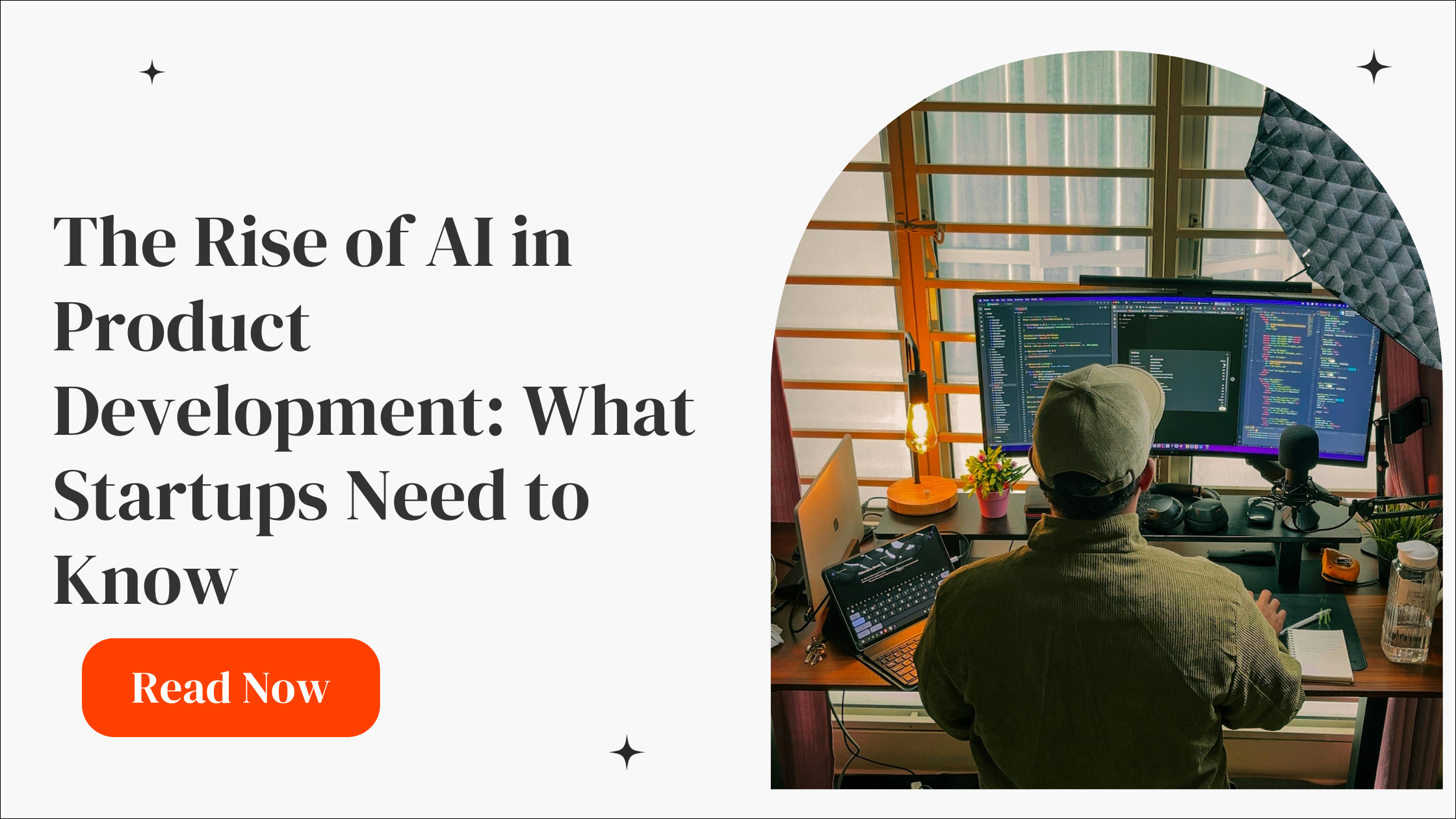
The Rise of AI in Product Development: What Startups Need to Know
Learn how AI is transforming product development for startups. From MVPs to scaling, here’s what founders need to know in today’s AI-driven world.
Read more
No-Code vs. Custom Development: Which is Right for Your Startup?
Weighing no-code vs. custom development? Learn which is right for your startup depending on stage, budget, and product complexity.
Read more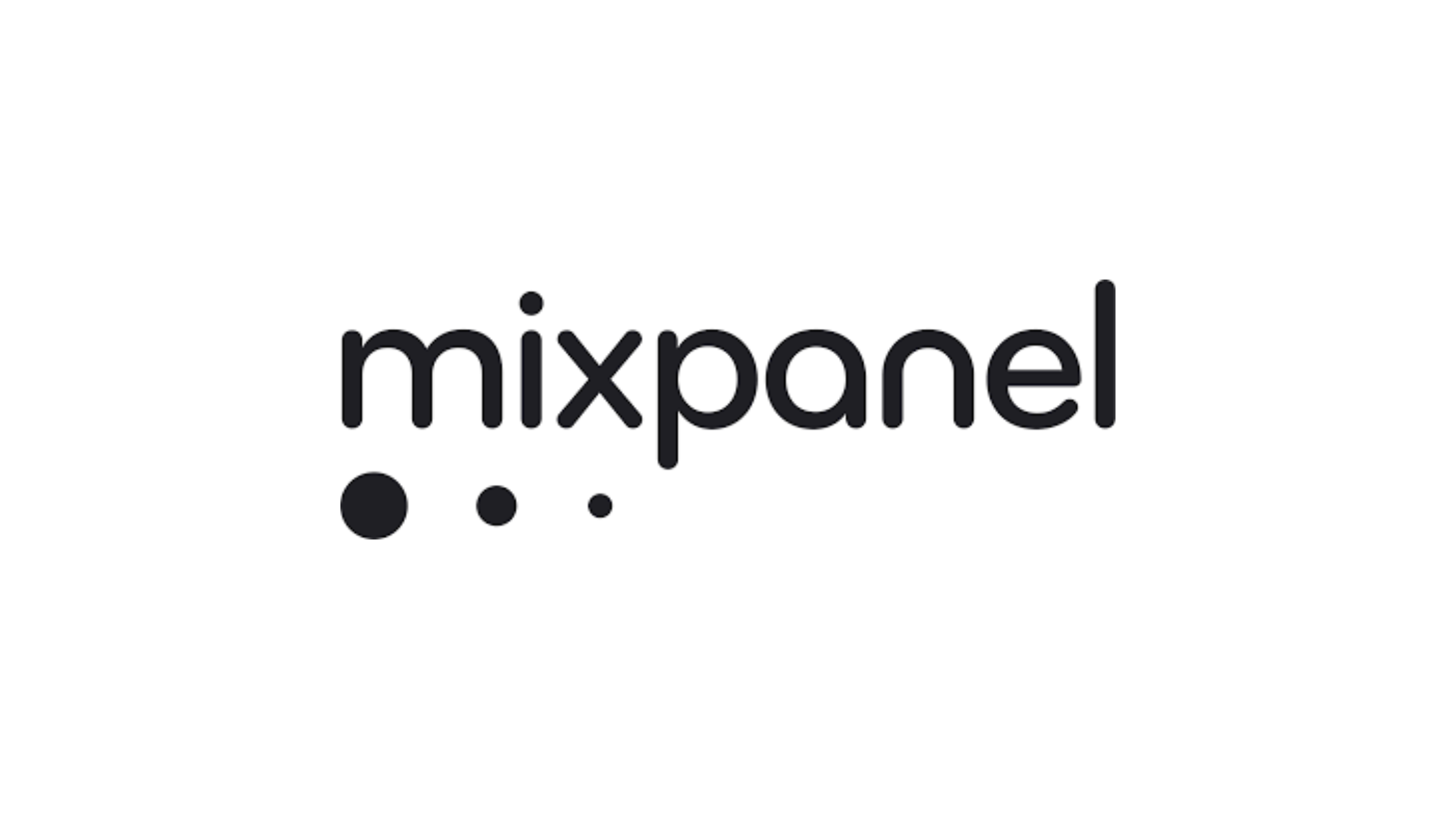
What is Mixpanel?
Learn how Mixpanel helps startups track user behavior to improve products and accelerate growth with clear data-driven insights.
Read more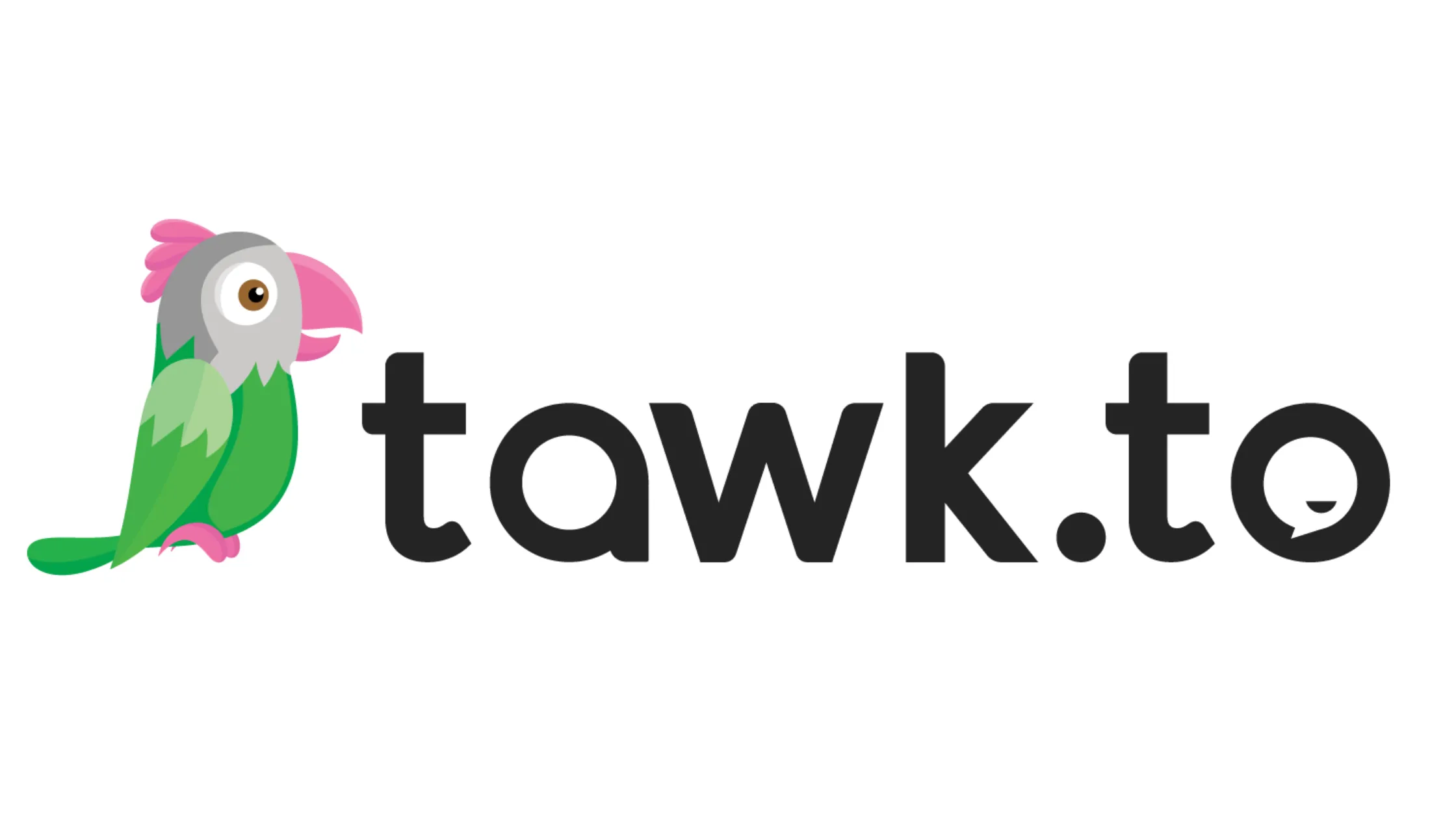
How Tawk.to Can Boost Your Startup’s Customer Support Game
Learn how Tawk.to can benefit startups by enhancing customer support and engagement. Perfect for early-stage founders!
Read more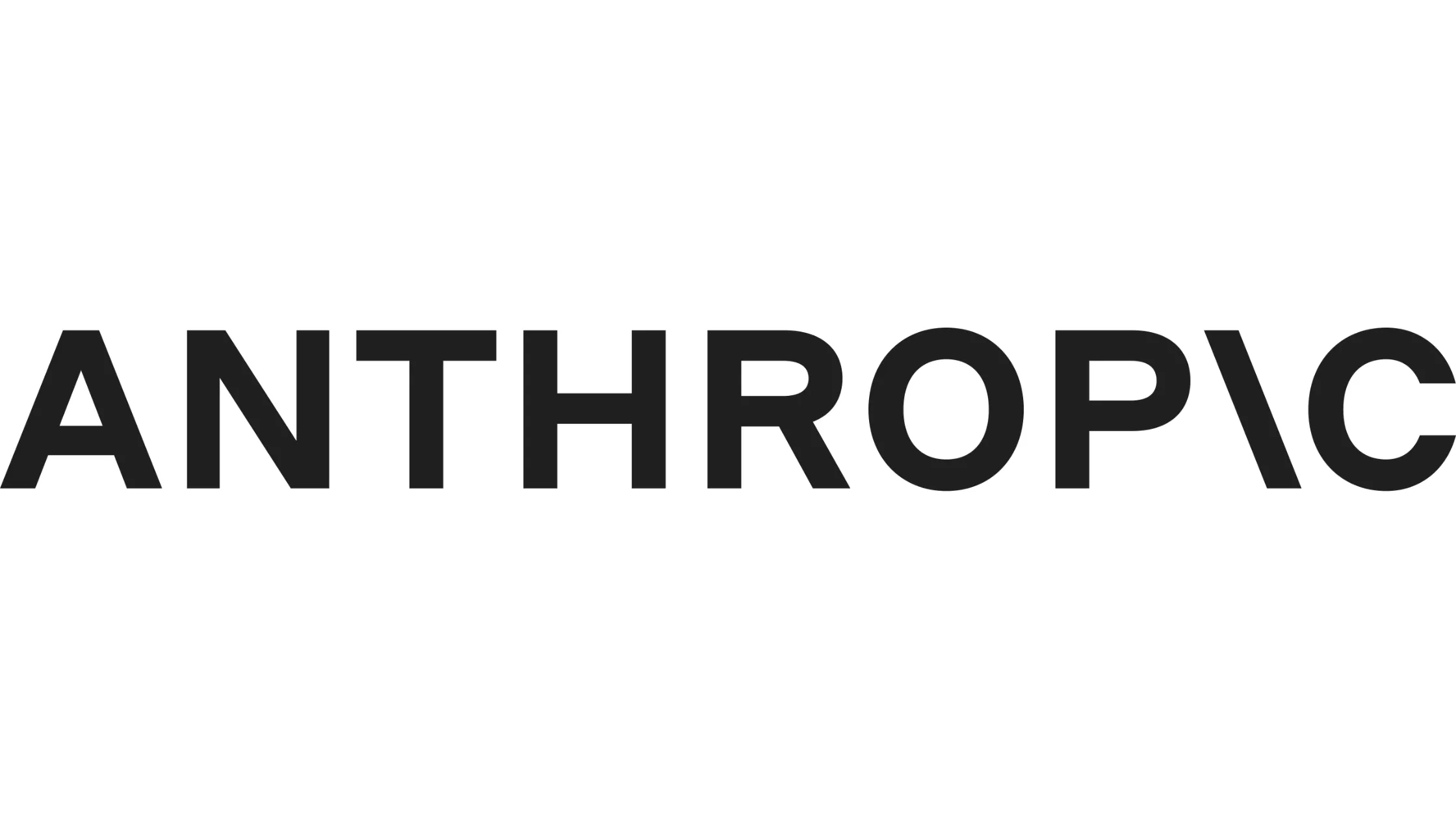
Grow Your Startup With Anthropic's AI-Powered Tools
Discover how Anthropic's cutting-edge AI tools can accelerate your startup's success. Learn about their benefits and see why they can be trusted by startups.
Read more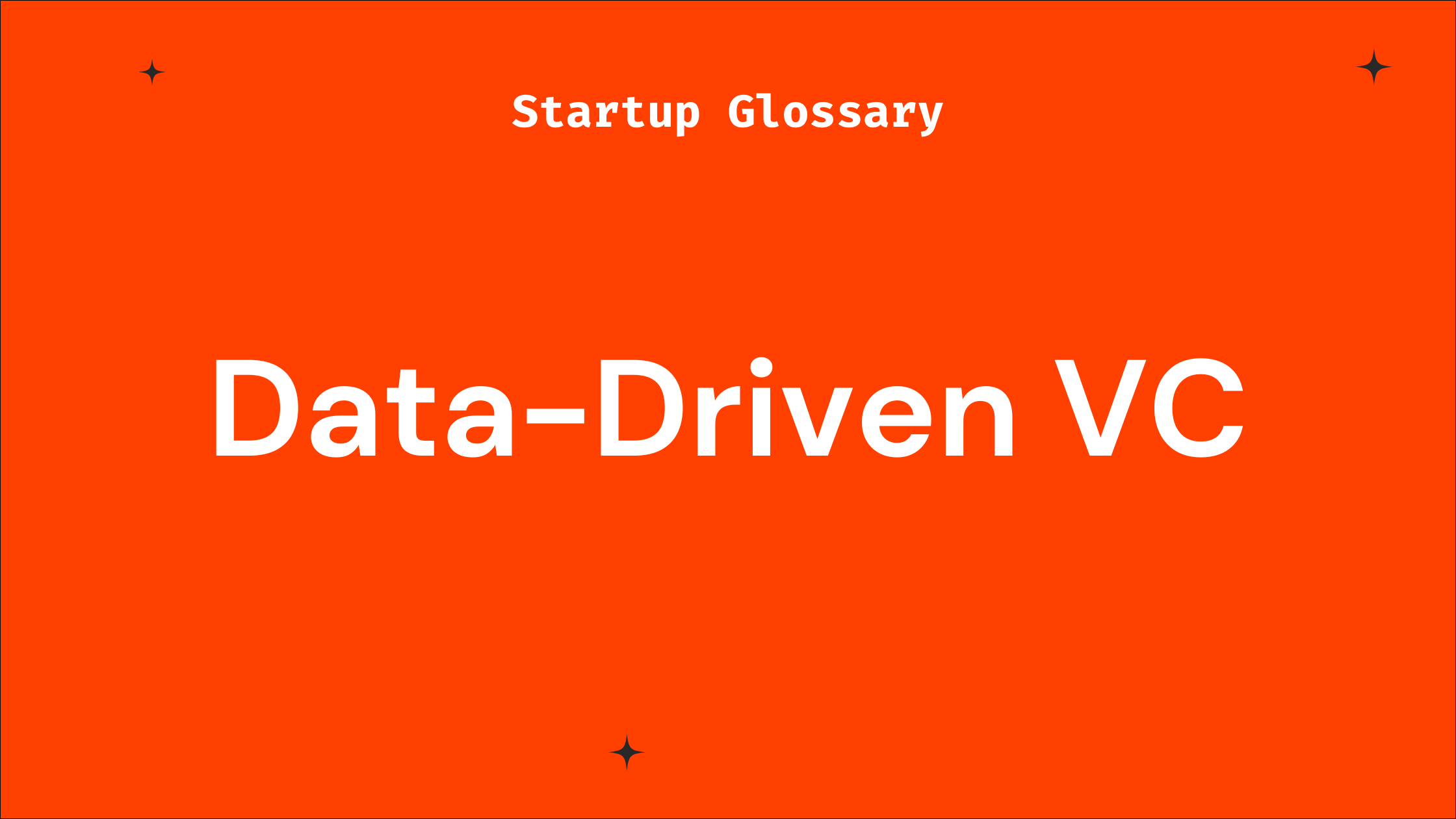
What is Data-Driven VC?
Learn what a data-driven VC means and how such investors can benefit your startup’s growth and fundraising journey.
Read more
What is Blockchain?
A beginner-friendly guide on blockchain for startup founders, covering key concepts, benefits, challenges, and how to leverage it effectively.
Read more
What is Cybersecurity?
Learn cybersecurity basics tailored for startup founders. Understand key risks, best practices, and how to protect your startup from tech threats.
Read more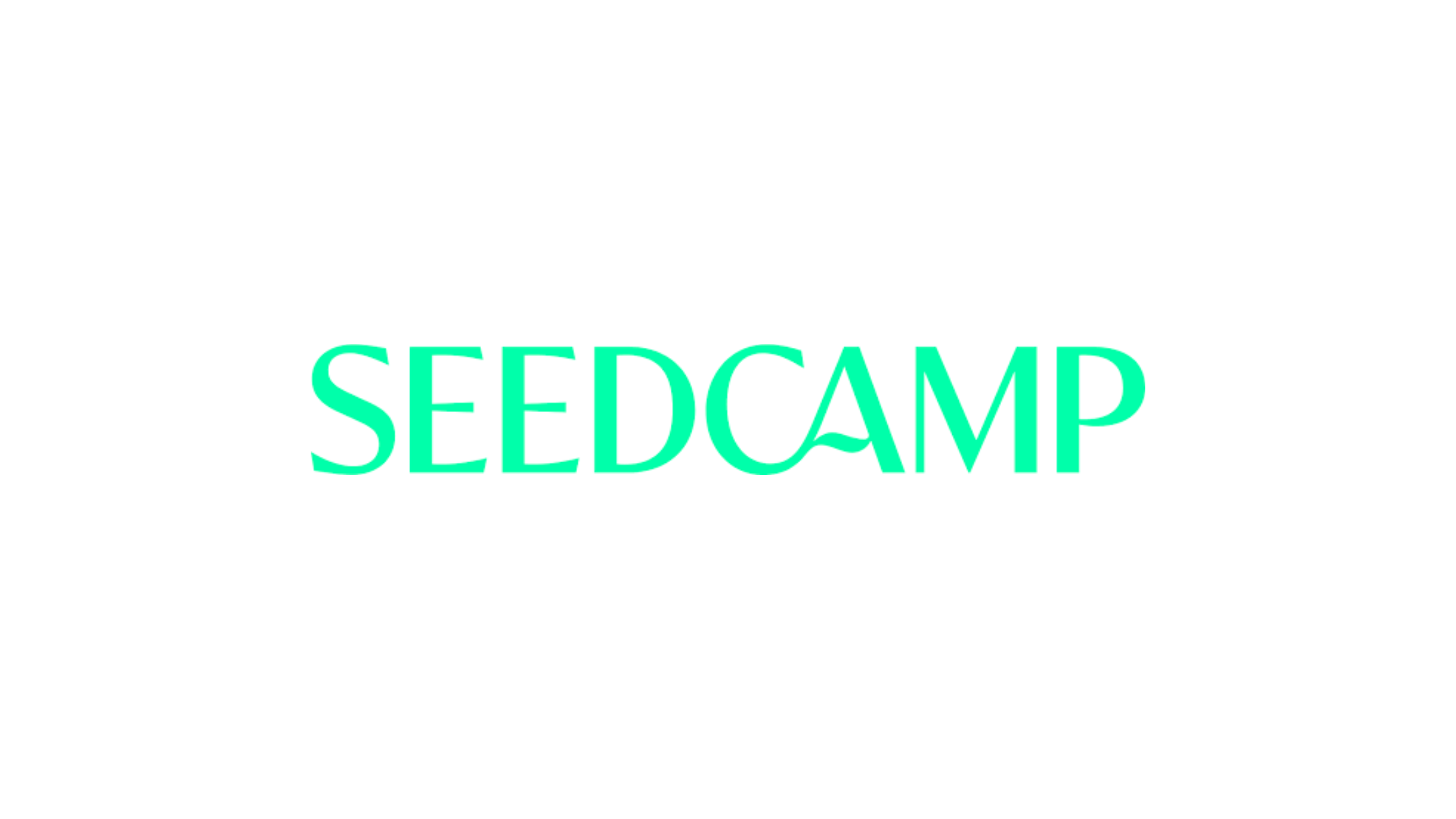
What is Seedcamp?
Learn what Seedcamp is, how its European seed fund and accelerator program work, and how founders can use its capital, mentorship, and network to scale their st
Read more
What is AngelList?
AngelList is a prime platform connecting startup founders to investors, talent, and resources to accelerate early-stage growth.
Read more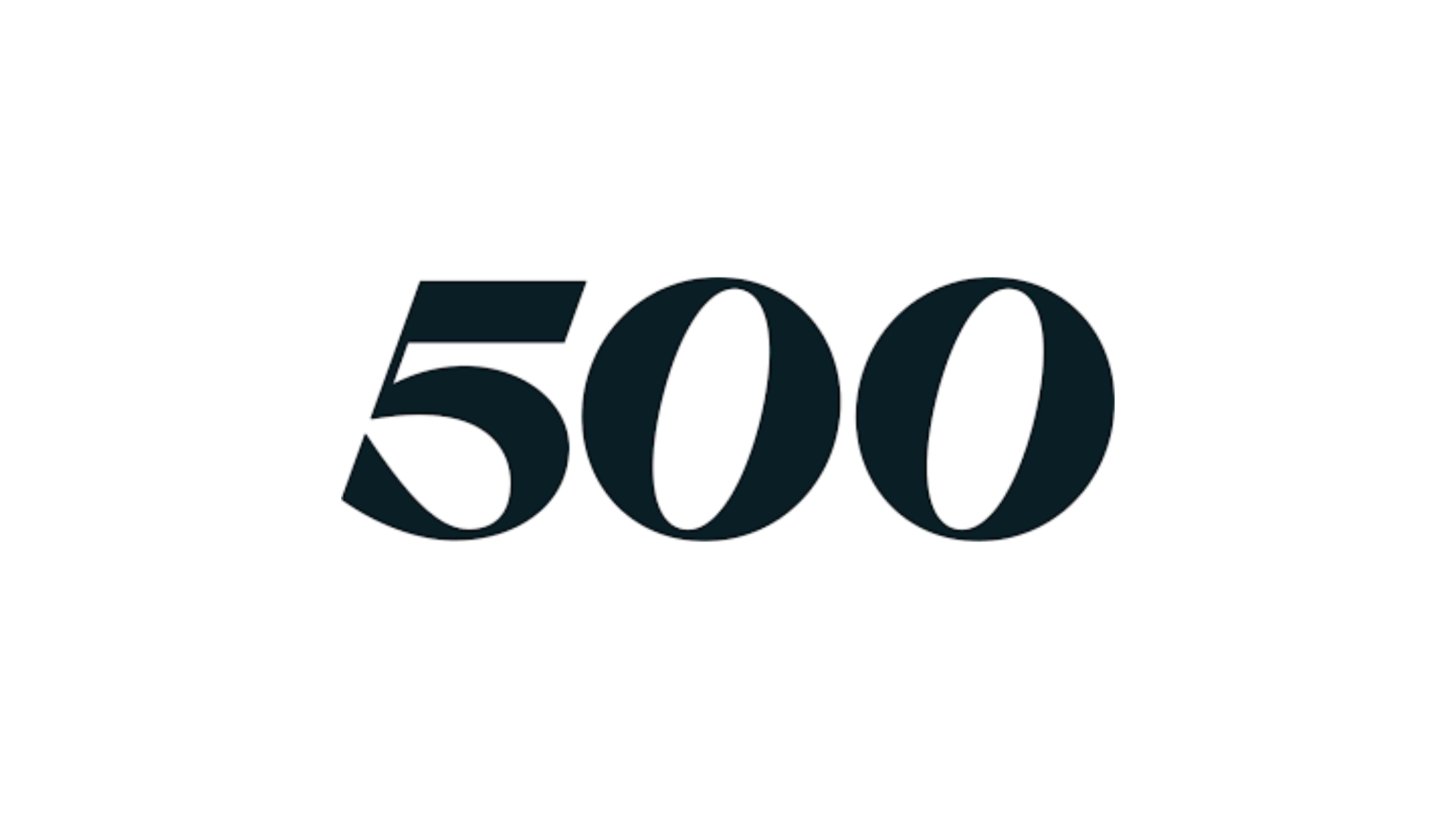
What is 500 Startups?
Learn what 500 Startups (now 500 Global) is, how its accelerator and seed fund work, and when founders should consider it—plus tips for early-stage startups.
Read more.png)